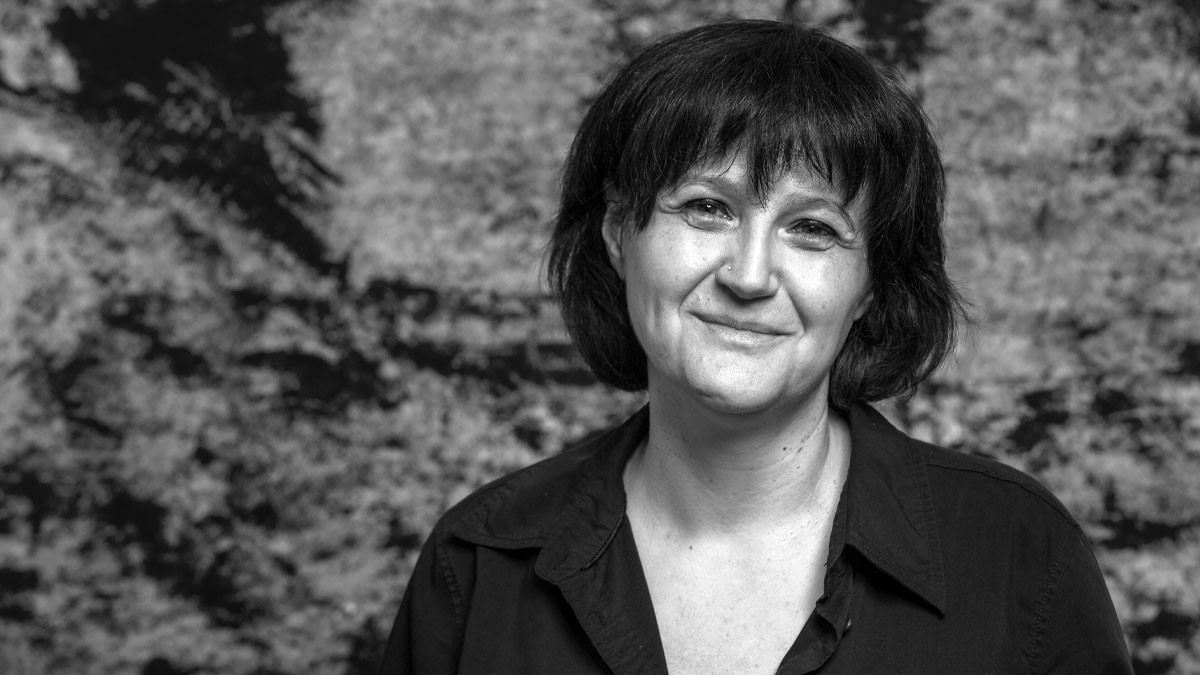Decoding signals
Bone chemistry provides clues that allow us to ask big questions about real human experience in the past. The food we choose to consume is dependent on myriad factors: what's available, which can tell us about geographical location, but also about the economic system of our society; what is accessible to us, which reflects our own economic status; and how our identity conditions our food choices, for example gender, religion or politics. The environmental signals from food encoded in our skeletons can therefore give us real insights into subjects such as migration and social change, food shortages, and resilience.
Gundula's research helps us tell the story of an individual's life. Her work, often in collaboration with other experts on multi-disciplinary projects, can add an entirely new perspective. Her research also feeds directly into her teaching, drawing inspiration from and using examples of her discoveries to inform her modules. She regularly hosts students on placement, offering opportunities to participate in current projects within the department.
You are what you eat
Gundula teaches an optional module for undergraduate students in their final year which explores the archaeology and anthropology of food. The module explores how studying food can be used to investigate wider themes around society and identity - such as inequality, resilience, and cultural transitions, in both the past and present.
Engaging with these ideas allows us to reflect on the integral role food and drink play in many aspects of our lives, such as body image, how we celebrate, how we use food to present an image of ourselves to others, and how food helps us to connect to family and cultural heritage. Food is a point of commonality across all human experience, and yet we can individualise it through the many factors that inform our decisions on what we consume, and how.
Mastering your career
As part of the new MSc Professional Human Osteoarchaeology course, students can select the module 'Bone chemistry and taphonomy of human remains'. This module builds on students' knowledge of human bones and their macroscopic analysis, and provides a broader understanding of other methods of analysis that can also be applied.
"These considerations are becoming increasingly important, due to factors such as pressure on appropriate storage space, and the ethical considerations of reburial. By training students holistically in the analysis of human remains, they will be equipped to provide valuable advice in these sometimes complex situations."
Taphonomy – understanding what happens to organic remains after death – is crucial for archaeologists in to understand their finds. For professional osteologists, this knowledge can help determine how well materials preserve, and how treatment of the body and the nature of the burial environment impact on the burial record.
Students who select this module will be introduced to the key methods of chemical analysis of bone, including isotope analysis, and ancient DNA analysis, which have become essential to modern archaeology.
"The nature of science is that you're constantly improving and revising what you thought you knew, and I have a real passion for explaining scientific principles to non-scientists. I try to dispel the mystery, so that people know what the advantages and drawbacks of each method are."
Understanding these approaches helps to prepare students for both further postgraduate (i.e. PhD-level) study and a career in commercial archaeology and professional osteology. Here osteologists are often asked to comment on the future research potential of an assemblage as part of a project assessment or preparing a skeletal report.
Find out more about our MSc Professional Human Osteoarchaeology course
